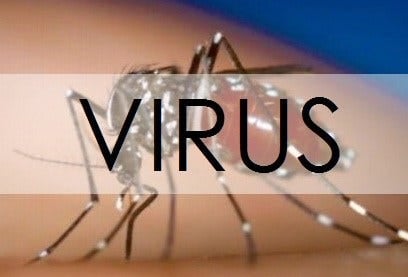4th West Nile case reported in Lancaster County

Posted By: KLKN Newsroom
8@klkntv.com
The Lincoln-Lancaster County Health Department (LLCHD) has received a report of a fourth case of West Nile virus (WNV) in Lancaster County, and officials remind residents to take steps to prevent bites from mosquitoes, which could carry the virus.
“In September, we usually see an increase in the number of Culex mosquitoes, known for their transmission of the WNV,” said John Chess, LLCHD. “We want to encourage everyone in Lincoln and Lancaster County to ‘Fight the Bite’ by staying inside during dusk and dawn or wearing lightweight, long-sleeved shirts and pants. It’s also important to use EPA-registered insect repellents, such as those containing DEET, Picaridin or oil of lemon eucalyptus.”
Chess urged those using insect repellents to follow these general precautions:
· Always follow the label instructions.
· Apply repellents only to exposed skin and clothing. Do not use repellents under clothing.
· Do not apply to eyes or mouth, and apply sparingly around the ears. When using sprays, do not spray directly on the face. Spray on hands first, and then apply to the face.
· Do not allow children to handle the product. When using on children, apply to your own hands first, then put it on the child. You may not want to apply to children’s hands.
· If biting insects do not respond to a thin film of repellent, apply a bit more.
· After returning indoors, wash treated skin with soap and water. Wash treated clothing before wearing it again.
LLCHD also asks the public to help reduce the breeding areas for mosquitoes by eliminating standing pools of water:
• Store wading pools and containers where they cannot collect water.
• Change water in pet dishes and bird baths daily.
• Clear debris, weeds and litter from drainage ways
• Remove vegetation from sewage lagoons.
• Drill holes in tire swings.
• Fill low spots in your yard.
Most people who become infected with WNV do not develop any symptoms. About one in five will develop a fever with other symptoms such as headache, body aches, joint pains, vomiting, diarrhea or rash.
Most people with this type of WNV recover completely, but fatigue and weakness can last for weeks or months.
Less than one percent who are infected will develop a serious neurologic illness, such as encephalitis or meningitis, the inflammation of the brain or surrounding tissues.
The symptoms of neurologic illness can include headache, high fever, neck stiffness, disorientation, coma, tremors, seizures or paralysis.
People over age 60 are at the greatest risk for severe disease, but it can occur at any age.
Also at great risk are those with medical conditions, such as cancer, diabetes, hypertension and kidney disease and those who have received organ transplants.
Recovery from severe disease may take several weeks or months, and some of the neurologic effects may be permanent.
The death rate for those who develop neurologic infection due to WNV is about 10 percent.
For more information on WNV, visit lincoln.ne.gov (keyword: wnv).



